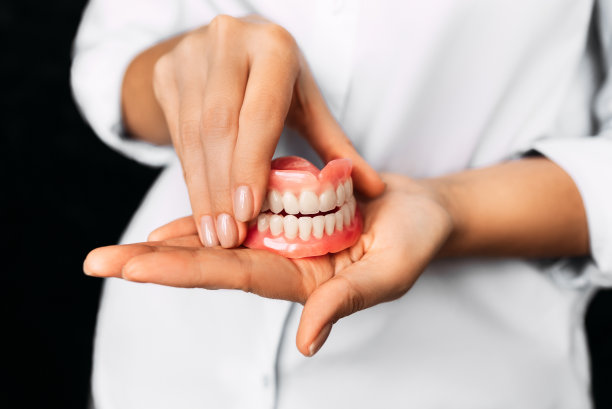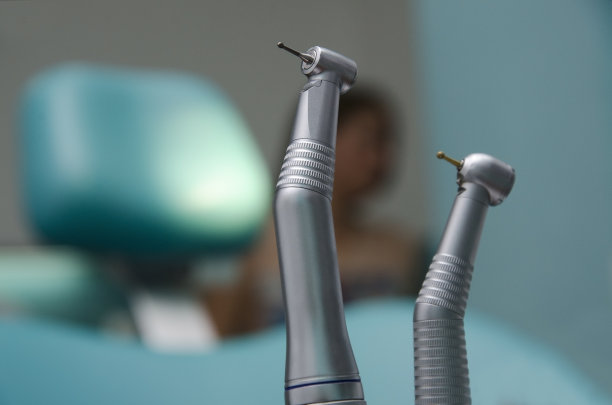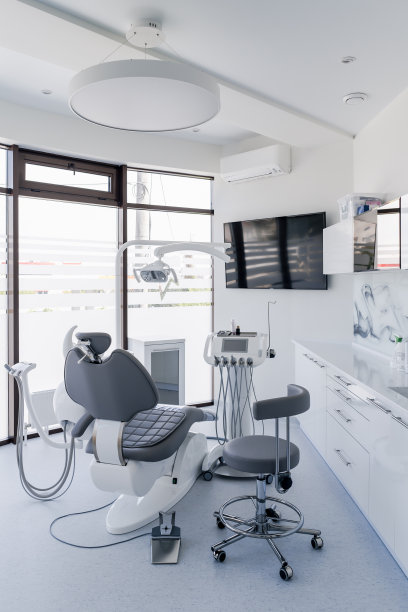Summary: Preparing for a dental filling is an essential step towards ensuring a smooth and successful procedure. Proper precautions not only enhance the effectiveness of the treatment but also promote comfort during and after the visit to the dentist. This article outlines four crucial aspects to focus on before getting a dental filling: understanding the procedure, discussing medications and allergies, maintaining oral hygiene, and arranging post-treatment care. Each aspect is broken down into detailed recommendations that can help patients optimize their experience. Following these guidelines will not only provide reassurance but will also pave the way for a speedy recovery and lasting dental health.
1. Understanding the Dental Filling Procedure

Before undergoing a dental filling, it is essential to have a solid understanding of the procedure itself. Familiarizing yourself with the steps involved can alleviate anxiety and streamline communication with your dentist. Typically, a dental filling aims to restore a tooth that has been damaged by decay or injury, requiring the removal of decayed material followed by the placement of a filling material.
It is vital to know the types of filling materials available, such as amalgam, composite resin, or porcelain, as each has its benefits and drawbacks. Discuss your options with your dentist to determine the best fit for your dental needs and preferences. Being informed can prevent unexpected surprises on the appointment day.
Lastly, understanding potential post-treatment sensations is also crucial. Mild discomfort or sensitivity is common after the procedure, but knowing what to expect can help you manage these sensations effectively.
2. Discussing Medications and Allergies
Another critical precaution involves an open dialogue about any medications you are currently taking and any allergies you may have. Certain medications, particularly blood thinners or antibiotics, can affect your bodys response during and after the dental procedure. Informing your dentist about these medications will enable them to provide tailored advice and necessary precautions.
Additionally, allergies to specific substances—such as latex, local anesthetics, or materials used in fillings—need special attention. Notify your dentist of any known allergies to avoid complications during the procedure. They can take appropriate measures to ensure your safety and comfort.
Having a detailed list of medications and allergies readily available during your consultation can greatly facilitate the communication process and allow for a more personalized approach to your dental care.
3. Maintaining Good Oral Hygiene
Good oral hygiene is always important, but it becomes even more critical in the days leading up to a dental filling. Ensuring that your teeth and gums are clean can minimize the risk of complications and speed up the healing process. Brush your teeth thoroughly twice a day and floss daily to remove food particles and plaque buildup.
Furthermore, consider using an antiseptic mouthwash to help reduce bacteria in your mouth, creating a cleaner environment for the dentist to work in. Good oral hygiene not only fosters optimal conditions for the dental filling but also contributes to overall oral health.
Finally, avoid consuming sugary foods or beverages in the days leading up to the procedure; this will help curb any further decay that could complicate the filling process.
4. Arranging for Post-Treatment Care
Prior to your dental filling, make arrangements for post-treatment care to ensure a smooth recovery process. This includes planning for transportation, especially if you will be receiving sedation or anesthesia, which may impair your ability to drive afterward.
Moreover, consider preparing a soft diet for the day following the filling, as the treated area may be sensitive. Foods like mashed potatoes, yogurt, and smoothies can help in this regard. Staying hydrated is also vital, but avoid very hot or cold beverages that might irritate the filled tooth.
Lastly, schedule a follow-up appointment with your dentist to assess the filling and ensure everything is healing correctly. Regular check-ups are an excellent way to maintain long-term oral health and make necessary adjustments if required.
Summary:
In conclusion, taking essential precautions before undergoing a dental filling can drastically improve the patient experience and outcomes. Understanding the procedure, discussing medications and allergies, maintaining good oral hygiene, and arranging post-treatment care are all crucial steps to prepare for a successful dental visit.
These recommendations can help to alleviate anxiety, ensure safety, and pave the way for effective recovery. Arm yourself with knowledge and preparation, and your journey to better dental health will be smooth and rewarding.
This article is compiled by Vickong Dental and the content is for reference only.
Vickong Dental
Vickong Dental is a large medical group established in Hong Kong in 2008 by professors from well-known medical universities in Guangdong and Hong Kong, as well as medical doctors from key national '985' universities (including Master's supervisors and senior professors). The chain of branches brings together expert dentists with PhDs and Master's degrees from Hong Kong and Mainland China, committed to providing high-quality dental treatment.
"Vickong Dental Practices the University Motto of 'Healing and Serving Society,' with a Stable Operation for Sixteen Years. It Has Been honored with Hong Kong Enterprise Leaders's Choice,' and is a Global Trusted Implant Center for the Nobel Implant System. Recommended by Hong Kong Metro Broadcast and Guangdong Television, it Serves Customers from Over Thirty Countries and Regions, Gaining the Trust and Favor of Citizens from the Guangdong-Hong Kong-Macau Greater Bay Area and Surrounding Cities.

Thousands of customers' unanimous praise
The most recognized and highly recommended dental service by customers in the Guangdong-Hong Kong-Macau Greater Bay Area
We Ensure You Receive Detailed Care and Attention Here
Hong Kong standards, Shenzhen prices, Your Trusted English-speaking dentists

Vickong Dental Medical-Grade Instrument Disinfection Process
Vickong Dental Medical-Grade Instrument Disinfection Process

Vickong Dental Chain: A Warm and Comfortable Environment for Treatment






Appointment Hours

Q&A
Why choose Vickong Dental?
Vickong Dental practices the university motto 「Medicine to Benefit Society」, with each branch bringing together highly qualified dentists with doctoral and master’s degrees from Hong Kong and the Mainland, and has maintained seventeen years of steady operation。Recipient of 「2024 Hong Kong Enterprise Leaders Brand」, 「2025 Hong Kong Enterprise Leaders Brand」, a Nobel Biocare Global Trusted Implant Center, and a brand recommended by Metro Radio Hong Kong and Guangdong TV。
To date, we have served customers from more than thirty countries and regions,earning exceptionally high word-of-mouth recognition and trusted recommendations from residents across the Guangdong-Hong Kong-Macao Greater Bay Area and surrounding cities
We have eight major branches in Zhuhai、Shenzhen,and a consultation and service assurance center in Hong Kong,so you can book a free consultation at any time for any questions,which is very reassuring.
If I do not accept the quotation after the CT scan, will I be charged??
No! As long as the actual treatment has not started, you will not be charged any fees.
Will there be any additional charges during the treatment process?
No, there won’t be any additional charges. Before treatment begins, we will clearly explain the treatment plan and its corresponding fees. Only after the patient agrees and signs the consent form will we proceed with the dental service.
Can I pay in Hong Kong dollars?
Yes. Vickong Dental accepts payment in Hong Kong dollars. The amount will be converted based on the exchange rate of the day, and the applicable rate will be clearly communicated to you in advance.
Can I reschedule my appointment at any time?
Yes. Please contact us via **WeChat** or **WhatsApp** as early as possible, providing your original appointment time and details, along with your preferred new date and time slot for rescheduling.













